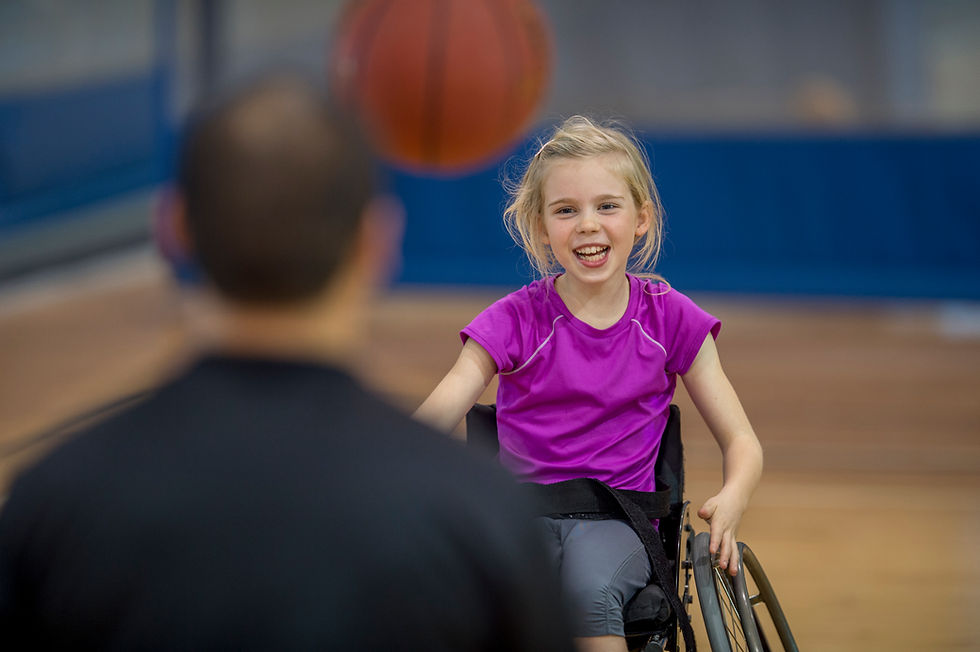The Importance of Routines and Habits
Routines and habits play a discreet yet vital role in all our lives. Below I consider and reflect on the their importance in recovery and rehabilitation.
As individuals we all operate within our own unique patterns of life and approach everyday situations from our own personalised perspectives. The way in which we conduct ourselves and engage within everyday situations evolves throughout our lives and is shaped by our own experiences. These experiences will be moulded by the opportunities we have had along with the barriers we have faced and the feedback we have received from others and the world around us. With this in mind it is easy to see how we all deal with life and situations in our own bespoke ways.

Irrespective of these differences, we all have routines and habits of some form. These help us to get regular, everyday things done in an efficient and familiar way. We often operate on auto pilot when carrying out the most familiar activities and routines. When we get up in the morning, we don't usually have to take time to plan out how to get ourselves washed, dressed and ready for the day ahead.
Having said that we have probably all experienced what it is like to have to deal with a familiar activity in a new environment - for example figuring out how to get the ultra modern bath plug to work in the hotel room you are staying in whilst away on a training day (surely its not just me?):
When we begin to consider these matters in relation to those who are experiencing illness or recovering from an injury, we can appreciate how these everyday activities can suddenly become much more demanding. Away from the familiarity of home, out of a predictable routine and whilst being unwell, interacting with the environment and successfully completing those fundamental everyday activities requires you to think harder in order to plan and execute all that is required to carry out the task.

This is especially so for those experiencing illness or injury which relates to our thinking (cognitive) processes. This might include diagnosis of dementia, stroke, brain injury, brain infection and other neurological impairments.
Re-establishing routines and habits through practise and repetition of tasks in a structured manner can help to maximise potential independence and 'free up' thinking space for cognitive functions. It is important that these routines and habits are considered in a individual way as we already know how unique our own ways of approaching everyday life are. There is no 'one size fits all' routine or habit.
A skilled occupational therapist can explore the multiple factors relevant to understanding how an individual can function physically and cognitively within their environment in a manner in keeping with their own values and approach to life. This will include factors such as what motivates someone, what their own standards are, what they value about the specific activity, how they can be empowered to carry a task out the way they want to, what support they might need and understanding how that support can enable them to focus on what's important to them rather than take over the activity.

Occupational therapy will explore a persons life story to establish patterns in the way they have approached their lives. Routines and habits which are relevant to this can then be trialled and supported. Arguably, there is perhaps little point in recommending equipment or strategies for someone which is not in keeping with their lifestyle. Will these really be embraced and utilised?
In order to prevent having to undo routines and habits which have been formed post illness or injury, but perhaps do not maximise function or provide a sense of satisfaction to a person, occupational therapy involvement should start as early as possible during a persons journey of recovery or adjustment. This could help with establishing the most effective and relevant ways of approaching everyday situations and allow an individual to feel more able and secure in their own abilities early on.

With familiar routines and habits returning to the auto-pilot, there is now more capacity to load on and challenge a persons thinking processes so that their potential is maximised. There is less cognitive demand in simply attempting everyday tasks therefore more cognitive availability to cope with other rehabilitative challenges.


















